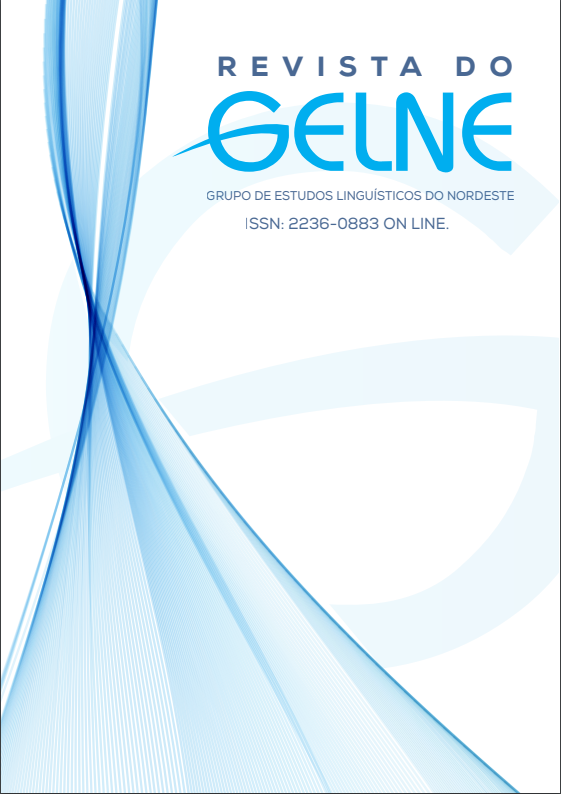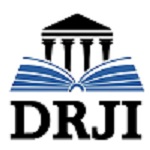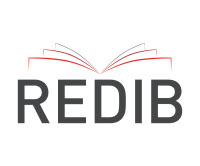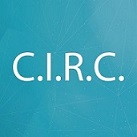FOOL ME IF YOU CAN… THE PRODUCTION OF POPULAR HUMOR TALES BASED ON LITERARY ARGUMENTATION
DOI:
https://doi.org/10.21680/1517-7874.2023v25n1ID32021Abstract
This article has a double objective: to gather some alternatives for, in elementary school (final years), to study the elements of the literary rhetoric of the laughable in the production of the traditional tales genre and to provide the exercise of authorship by students who are oriented to build temporal and spatial relationships (folk chronotope) specific to the Brazilian reality. Since it is a descriptive work, after gathering the theoretical bases selected for this type of pedagogical practice to take place at school, the context in which the work was carried out and the proposal developed, the main strategies used are presented and analyzed the four short stories produced (in a group) by a 9th grade class in 2022. The results confirm that the students constituted themselves as subjects of writing and were able to appropriate comic literature and producing popular tales in which laughter is provoked by characters who are associated with a conflict, an intrigue, a fight... that provoke sudden and unexpected impressions. Like folklore men, they live in a space-time in which they are whole to experience the adventures narrated. In this discursive process, linguistic-literary and rhetorical strategies are combined so that the reader is engaged in the plot. In addition to making it possible to occupy the place of authorship, by adapting the text to the hyperstory format, the students articulated different semioses in order to present a differentiated product to the school community. The experience reinforced that literary production and moments of interaction allow students to develop, in addition to improving writing, a critical, reflective, and active position that goes beyond the school context.
Downloads
Downloads
Published
How to Cite
Issue
Section
License
Copyright (c) 2023 Revista do GELNE

This work is licensed under a Creative Commons Attribution-NonCommercial-ShareAlike 4.0 International License.

Este trabalho foi licenciado com uma Licença Creative Commons - Atribuição - NãoComercial - CompartilhaIgual 3.0 Não Adaptada.

 Português (Brasil)
Português (Brasil) English
English Español (España)
Español (España)









.jpg)




